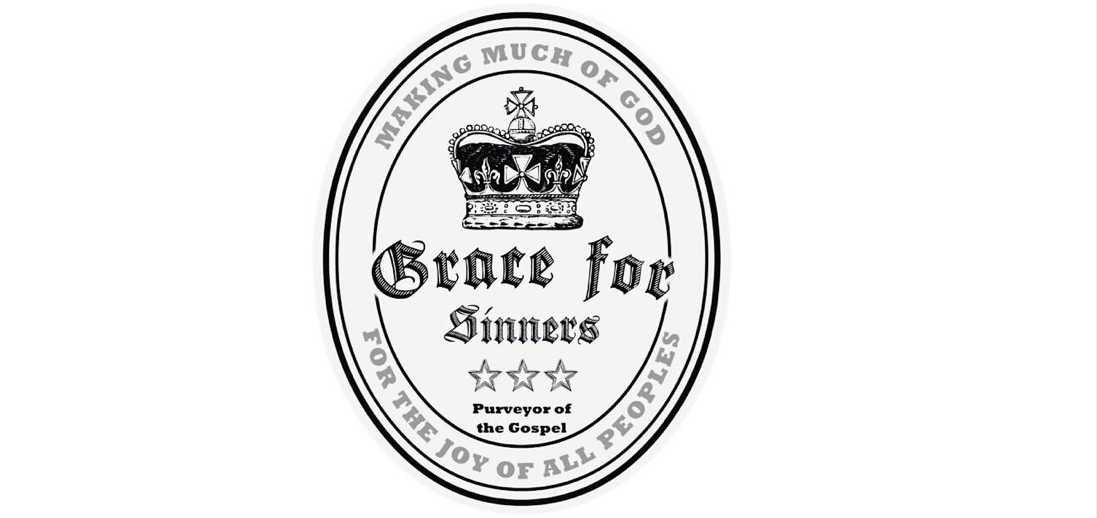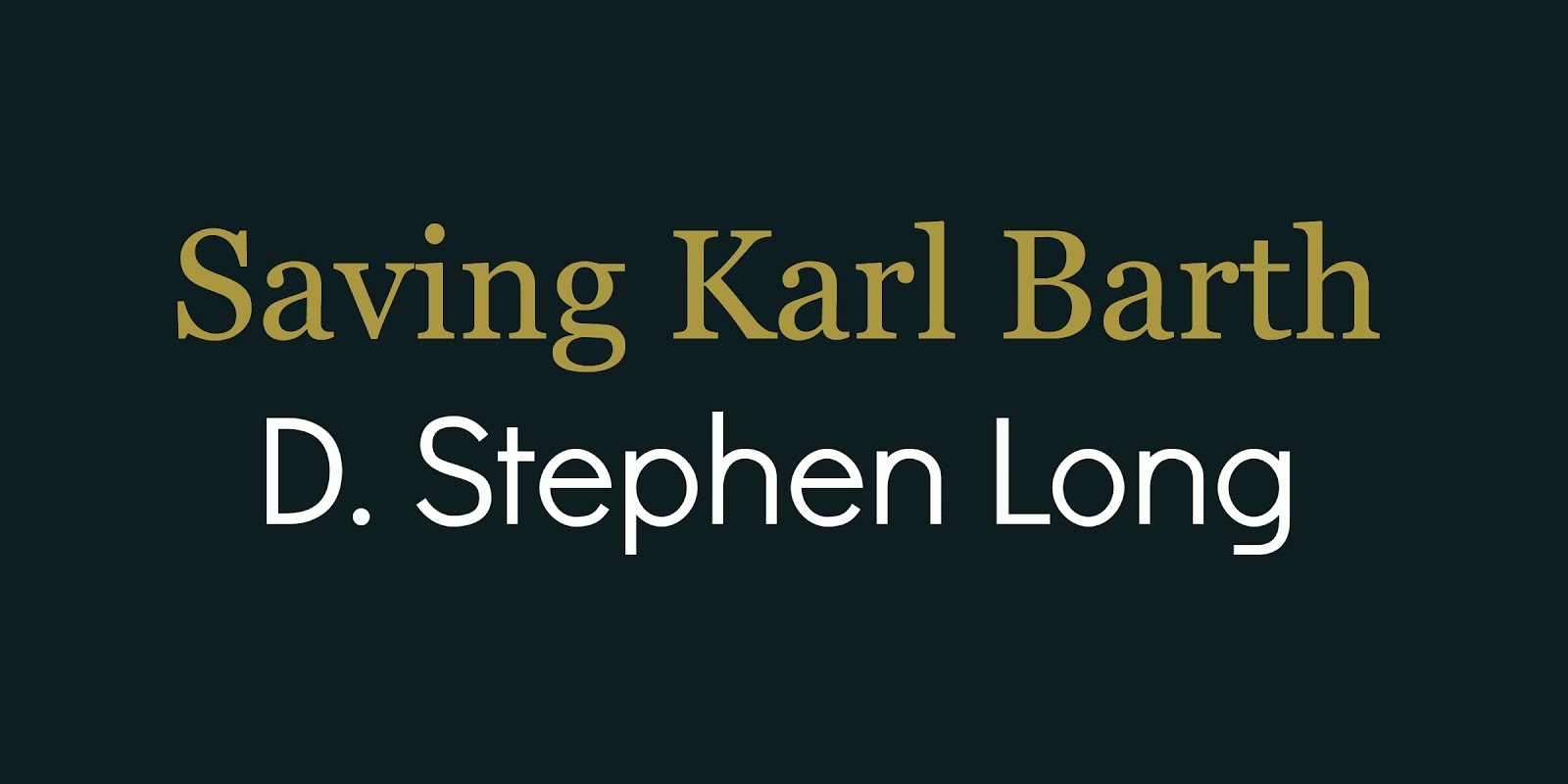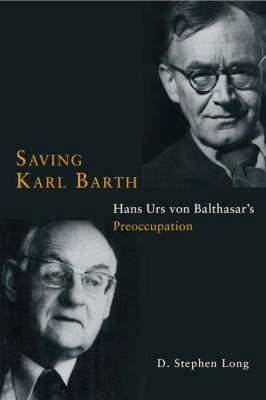No modern theologian has spurred more discussion than Karl Barth. Not only has Karl Barth created a whole school of followers, affectionately called Barthinians, but there also exists distinct and large camps of how to interpret Barth’s theology. Needless to say, the current preoccupation with Barth is neither new nor dissipating anytime soon. He is rightfully heralded as the most important theologian of the twentieth century. In Saving Karl Barth: Hans Urs von Balthasar’s Preoccupation, D. Stephen Long provides a substantial voice to the classic interpretation of Barth by Hans Balthasar. Dr. Long is a professor of Systematic Theology at Marquette University and demonstrates the ability to capably present both the history and theology that undergirds this complex book.
Saving Karl Barth takes a rigorous look at the theological relationship of neo-Orthodox Protestant Karl Barth and his Catholic interpreter Hans Urs von Balthasar. The intent of the book is a clinical defense of Balthasar’s interpretation of Karl Barth’s dogmatic theology and the impact it can have for Protestant/Catholic discussions today.
The Communication
Though Karl Barth was first a theologian for pastors and the church, most discussions of him have gone on at the scholastic level. Though Saving Karl Barth has its moments of reversing this trend, on the whole it does not come down to the church level sufficiently. Despite this grievance against the level of presentation, the history and the cultural context of Balthasar and Barth’s relationship are incredibly accessible. Non-scholastic readers with little knowledge of their relationship will come away from the book feeling privileged to share in the intimacy of their theological discussions and the fruits of their endeavors.
It is in the theological and philosophical discussions that most laymen and some pastors will be left reaching for their dictionaries. Make no mistake, Saving Karl Barth is written at a scholastic level responding to the interpretations of other modern scholastics. Given that this is the intended audience, it is surprisingly accessible for readers with limited studies. The wide range of vocabulary and scholastic opinion will appear daunting. However, it is this same technical precision that presents the theologies of Barth and Balthasar in remarkable clarity. Dr. Long utilizes this clarity and does not shy from demonstrating the flaws in both men’s thinking as well as the thoughts of modern interpreters.
Given the complex issues of the book and the major theological landscape that is covered, it is structured in an incredibly efficient manner. Even readers unfamiliar with the intricacies of Balthasar’s interpretation of Barth, or perhaps even Barth himself, will be able to enjoy the fine theological discussions of the past and present contained here.
The Content
Saving Karl Barth is structured for the presentation and defense of Hans Urs von Balthasar’s interpretation of Barth. Dr. Long begins this task by looking at the historical settings of the discussion (chapter 1) and the development of Balthasar’s interpretation of Barth (chapter 2). After establishing and defending these historical settings, the modern interpretations of Barth scholars such as Michael Long and Bruce McCormack are brought forth to stand against the interpretation set forth by Balthasar (chapter 3). Having defended Balthasar, and subsequently saved Barth from modern interpretation, the book looks at the interaction of the two theologians in the realms of God (chapter 4), ethics (chapter 5) and the church (chapter 6).
Chapters one and two are history in the simple sense. The former focuses on the history of Balthasar and Barth’s professional relationship as well as the culture, social and ecclesiological settings of their fruitful discussion. The intricacies of these settings come together and present a valuable backdrop for the theological discussion that would result from this relationship as well as affirm Balthasar’s preoccupation and self-confidence with interpreting Karl Barth. Chapter two begins an in-depth examination of this interpretation and walks through the multiple stages of Balthasar’s critique, as well as approval, of Karl Barth and his systematic progress.
Of particular note in this second chapter is the strong emphasis Balthasar places on reading Karl Barth through the lens of his Church Dogmatics, not his Epistle to the Romans. This preference and analytical decision is woven deep into the decision when assigning doctrinal priority of Karl Barth’s writing to his theology. This goes against the paradigm of modern interpreters, yet the evidence proves convincing.
In chapter three, the current and pervasive opinions of both Catholic and Protestant interpreters of Barth are compared and contrasted against the work of Balthasar. Most significant is the common understanding that Barth retains a Kantian post-metaphysical understanding of epistemology that puts in jeopardy the orthodoxy of Barth’s theology. Found in these modern interpretations are concerns and criticism of Barth’s epistemology, rejection of pure nature and inability to affirm the Council of Chalcedon. D. Stephen Long successfully shows from both Balthasar and Barth that any influence of Kant in Barth’s theology experienced attenuation leading up to Barth’s dogmatic writings. This is especially seen in comparing the two men’s theologies concerning the realms of God, ethics, and the church.
Chapter four brings Balthasar’s interpretation to these applicable realms. The preliminary discussion focuses on the essence and knowledge of God. It is here Dr. Long ably demonstrates that Balthasar’s interpretation of Karl Barth is to be preferred over modern interpretations that highlight Kant’s influence on Barth. Balthasar presents Barth as a theologian seeking to restore glory and priority to God’s perfections through His being Trinity. Barth subsequently ties knowledge of God to the economical Trinity and ultimately to Jesus Christ Himself. Modern Catholic and Protestant interpreters who deviate or re-center Barth’s starting point only increase the chasm of discussion that both Balthasar and Barth sought to diminish.
After grounding epistemology in the doctrine of God, Dr. Long begins a long assessment of each theologian’s ethics. This ordering is intentional since both theologians departed significantly from the popular ethics of their respective traditions in an effort to ground ethics more firmly in God Himself. Barth does this more pointedly by brining ethics into the Trinity and quite specifically the economic Trinity. Only in the example of Jesus Christ can ethics understand God’s giving of grace, while retaining a necessity for human agency. Despite many places of agreement this was something that Balthasar saw quite differently than Barth as he sought to ground that agency in such a way that the church was more prominent in its establishment. This interaction between Barth and Balthasar is both fascinating and challenging
Chapter six flows naturally out of the section on ethics. The church’s role as the “body of Christ” is thoroughly hashed and re-hashed between Barth and Balthasar. The principal discussions come down to the prolongation of the incarnation of the church and the efficacy of the sacraments apart from faith. It is here that despite their previous agreements the two theologians find their sharpest disagreements. Dr. Long rightfully points out the inherent struggles in Barth’s theology at this point as well as Barth’s respectful disagreement with the Reformed tradition that he clung to.
Conclusion
Saving Karl Barth is a significant work in the modern discussion on Barth. Though it returns to support a traditional interpretation of Barth’s theology, it finds itself fighting the same battles along the same battle lines that Barth and Balthasar experienced. The book is a valued glance at the theologies of both men, as well as their attempts to reform the traditions of their respective churches.
The most beneficial element of the book, however, is the way in which both men conducted their ecumenical discussion. Neither man ever broke with their church or tradition but each sought to conform themselves to God’s word and Jesus Christ. This shared purpose brought forth fruitful discussion and analysis by which even pastors and laymen today can benefit. The engagement of each other in such hostile times, both politically and religiously, represents a great example of what “iron sharpening iron” can look like in the church.
Disclosure of Material Connection: I received this book free from the publisher. I was not required to write a positive review. The opinions I have expressed are my own. I am disclosing this in accordance with the Federal Trade Commission’s 16 CFR, Part 255: “Guides Concerning the Use of Endorsements and Testimonials in Advertising.”
Joshua Torrey is a New Mexico boy in an Austin, TX world. He is husband to Alaina and father to Kenzie & Judah and spends his free time studying for the edification of his household. These studies include the intricacies of hockey, football, curling, beer, and theology. He blogs theological musings and a running commentary of the Scriptures at The Torrey Gazette
.




No comments:
Post a Comment